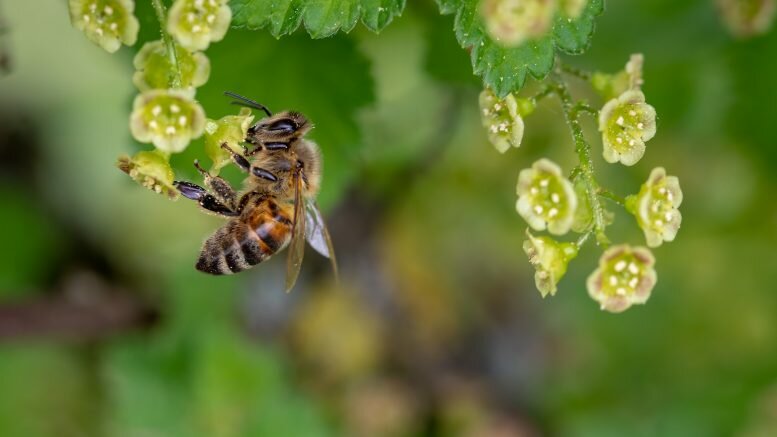Scientists fear catastrophic collapse of natural ecosystems
Many of the world’s insects are threatened with extinction according to researchers. They warn against catastrophic consequences for other species, ecosystems, and humans.
Research on insects in a number of places in the world have been reviewed in a new study. The conclusion is that many types of insects are reduced in number and that the development is rapid.
41% of the world’s insect species appear to be in decline.Two-thirds of the species are already threatened by extinction.
“If the loss of insect species is not stopped, the consequences will be catastrophic for both the planet’s ecosystems, and humanity’s survival,” said Francisco Sánchez-Bayo, researcher, to The Guardian newspaper.
Important food crops
World insects make up about two-thirds of all creatures living on land. Many birds and other animals rely on insects for food.
In addition, many plants rely on insects to reproduce. This applies to a large part of the world’s most important food crops.
The main reasons for the loss of insects are reduced habitats, intensive agriculture, and pesticides according to the new study.
Insects in the tropics are also affected by climate change and rising temperatures.
Gone in a hundred years?
The total number of the world’s insects are estimated to decrease by around 2.5% each year.
If the development continues at this pace, half of the insects will be gone in fifty years. In a hundred years, most will disappear.
“If we do not change the way we produce food, the insects will be on the way towards extinction in the course of a few decades,” the new study said.
It was prepared by Sánchez-Bayo, who is employed by the University of Sydney, along with Kris Wyckhuys of the University of Queensland.
They recommend major changes to the world’s agricultural production, and less use of pesticides if the development is to be reversed.
A few succeed
Previously, researchers have demonstrated extensive insect loss in Germany and Puerto Rico.
In a rainforest in Puerto Rico, the conclusion was that 98% of the insects on the ground were gone. In Europe, it is estimated that the number of birds has been reduced by more than 400 million in three decades because there have been fewer flying insects.
One of the researchers behind the study of insects in Puerto Rico warned of the destruction of “the systems that allow us to maintain our existence on the planet.”
While many species of insects are in decline, a few species appear to be doing well. Some researchers think it will typically be cockroaches and other pests that will succeed as their competitors disappear.
Many pests are both adaptable and resistant to various types of insecticides.
© NTB Scanpix / #Norway Today






